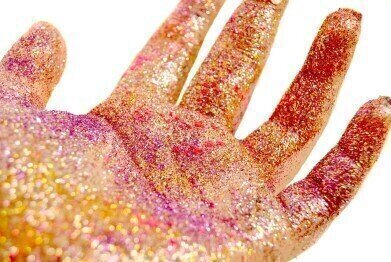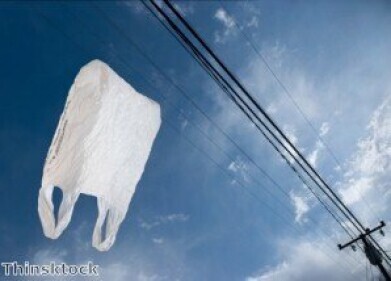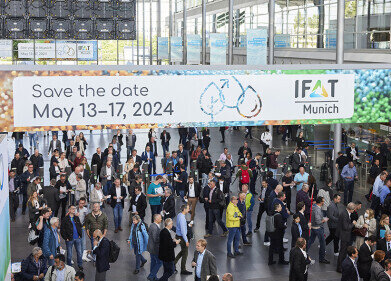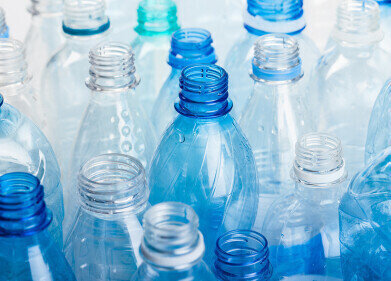Waste Management
Should Glitter Be Banned?
Dec 22 2017
A chain of nurseries across the south of England has announced its decision to ban glitter from its classrooms, sparking a debate as to whether the environmentally damaging substance should be prohibited on a wider scale.
The decision will mean that thousands of children will not be able to use the sparkly decorative material to create Christmas cards and posters, but will prevent it from entering landfills, contaminating soils or worse – adding to the tons of plastics and microplastics which pollute the world’s seas and oceans.
A cumulative effect
While glitter itself is miniscule in size and only constitutes a tiny part of the problem, it’s the snowballing effect of such profligacy which leads to massive environmental damage. Indeed, it was discovered earlier this year that manmade plastic pollution had even reached the centre of the Arctic Ocean, only 1,000 miles from the North Pole.
“You can see when the children are taking their bits of craft home and there's glitter on the cardboard, it blows off and into the air and on to the road, and it's only a tiny little bit, but we've got 3,000 children and they're all doing Christmas craft at the moment, so we've got glitter everywhere,” said Cheryl Hadland, the managing director of Tops Day Nurseries, the chain in question.
“There are 22,000 nurseries in the country, so if we're all getting through kilos and kilos of glitter, we're doing terrible damage… you can’t really recycle it because it’s so small, you can’t separate it from anything.”
Prevention always better than the cure
While scientists and conservationists are always working on new and more innovative ways of cleaning up pollution from our environment - such as the bioremediation of contaminated soil with fungi – preventing the contamination is invariably and infinitely preferable to cleaning up the mess afterwards. With that in mind, the decision has been welcomed by Sue Kinsey from the Marine Conservation Society for its “proactive approach” to the issue.
“The majority of microplastics that get into the sea come from personal care products, household cleaners, tyre wear and other sources. While glitter is only a small part of the microplastic load getting into watercourses and the sea, steps like these will all add up to something greater,” she said. “This is a very proactive approach, amongst lots of things that the nursery is doing to help the environment, like using cloth aprons and not releasing balloons outdoors, and it is definitely possible to create a Christmas card to take home without using glitter.”
Other new initiatives that are being looked at by the government in order to tackle plastic pollution include introducing a 5p tax on plastic straws in bars and restaurants and revolutionising the takeaway coffee industry to do away with unrecyclable single-use cups.
Events
Apr 22 2024 Hannover, Germany
Apr 23 2024 Kuala Lumpur, Malaysia
Apr 24 2024 Sao Paulo, Brasil
May 05 2024 Seville, Spain
May 13 2024 Munich, Germany













